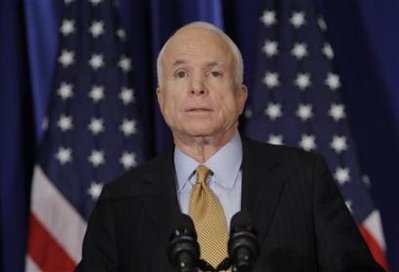
“Let’s be clear about why we’re facing a crisis that could pull down the global financial system. The irresponsibility of individuals who bought houses they couldn’t quite afford pales in comparison with the irresponsibility of the financial wizards who built on those shaky mortgages a towering edifice of irrational faith. Someone in the government should have looked at all those trillions of dollars’ worth of mortgage-backed securities and collateralized debt obligations and credit default swaps and demanded that Wall Street prove that all, or even most, of this purported money was real. But we’re in the eighth year of the Bush administration; adult supervision left the building long ago.” — Eugene Robinson.
Boy, nothing like panic and near-catastrophe in the banking and financial sectors to turn all the stark raving free-market fundies redder than Eugene Debs on May Day, eh? In any event, once again we’re on the verge of learning the hard way that Wall Street does a really lousy job of regulating itself, and that, when push comes to shove, it’s the “don’t-tread-on-me” entrepreneurial capitalists among us who are the first to beg for Big Guvmint to come in and bail them out — at above-market prices. “The only emergency is on Wall Street, and that is entirely of Wall Street’s making. It was the banks that made the loans, the banks that bought the paper, the banks that dumbly believed the models that said that housing prices wouldn’t collapse…How touching to see executives from the likes of Lehman Brothers, not normally an institution associated with widows and orphans, squawk about cutthroat tactics.” And I don’t seem to remember the economic Big Boys, or their mostly-GOP minions in Congress, show such concern about the vagaries of risk when the plight of ordinary folks was being discussed, vis a vis the egregious bankruptcy bill of 2005.
Of course, we can’t just let many of our major financial institutions implode without consequence, and — even though delegating the Dubya administration any more “emergency powers” at this point seems like a colossally bad idea — it seems a given that something will have to be done to sort out all this out, and it will no doubt end up costing taxpayers and aggrieved homeowners a bundle. I just hope, when the dust settles, we remember this time how this all came about, and not just let the idiotic free-market fundies blather on about tax-and-spend liberals killing the entrepreneurial spirit every time some sort of regulatory apparatus is discussed in Washington. We know how that movie ends.


